A futuristic agenda for India & Canada
India can draw Canada in a new direction – away from its trans-Atlantic fixation, into the Indo-Pacific and a tech and resources partnership that will benefit both democracies
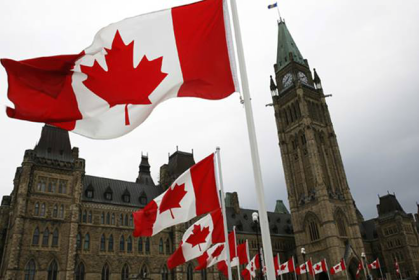 Courtesy: Financial Express
Courtesy: Financial Express
India can draw Canada in a new direction – away from its trans-Atlantic fixation, into the Indo-Pacific and a tech and resources partnership that will benefit both democracies
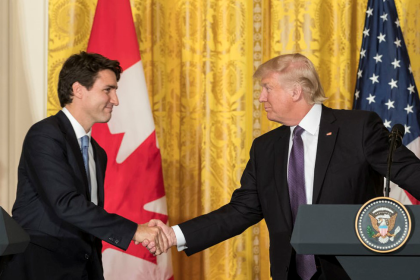 Courtesy: Wikimedia Commons
Courtesy: Wikimedia Commons
The United States, Europe and the Asia Pacific today form Canada’s tripartite foreign policy priorities. The ASEAN is its sixth largest partner, which was not so 20 years ago, but economic engagement with India – still small, compared to China and Japan – has scope to grow
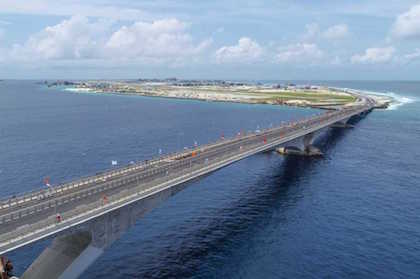 Courtesy: Competitive India
Courtesy: Competitive India
'Strategic OFDI’ is outward foreign direct investment made by nations in their strategic interests. China leads the way, but the U.S. has also just announced a new agency for strategic OFDI. It will now gain increasing salience in global foreign policy.
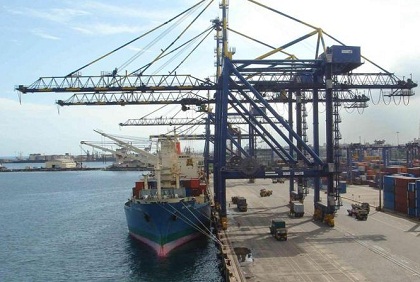 Courtesy: Deccan Chronicle
Courtesy: Deccan Chronicle
A major upcoming international conference on the Blue Economy in Nairobi in November will focus on the impracticalities of pursuing any one goal – such as sustainability – to the exclusion of business. In fact, the many interests at stake need not be in conflict with one another, to realize the goal of a true blue economy, in which business must have a significant stake.
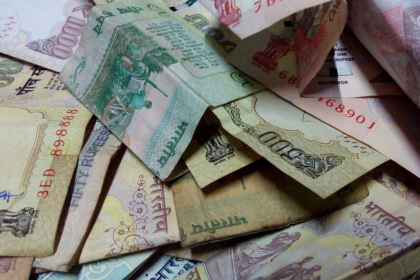 Courtesy: NewsX.tv
Courtesy: NewsX.tv
Economist Surjit S. Bhalla, who sits on the Prime Minister’s Economic Advisory Council, says all currencies, not just the rupee, have fallen against the U.S. dollar. Speaking to Gateway House’s Manjeet Kripalani, he elaborates on some diplomatic and domestic tools to stem the fall, even in an election year
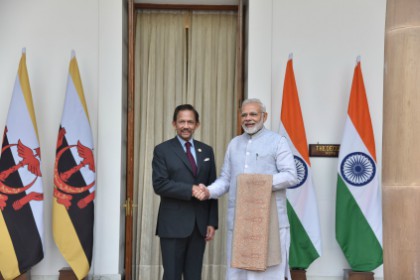 Courtesy: MEA/ Flickr
Courtesy: MEA/ Flickr
India and Brunei have a 34-year-old diplomatic relationship; but as yet no Indian president or prime minister has paid the country a bilateral visit to strengthen these ties. The strategically-located nation is rich in its history, with a unique political system. Its foreign policy approach is non-controversial, yet noticeably pragmatic.
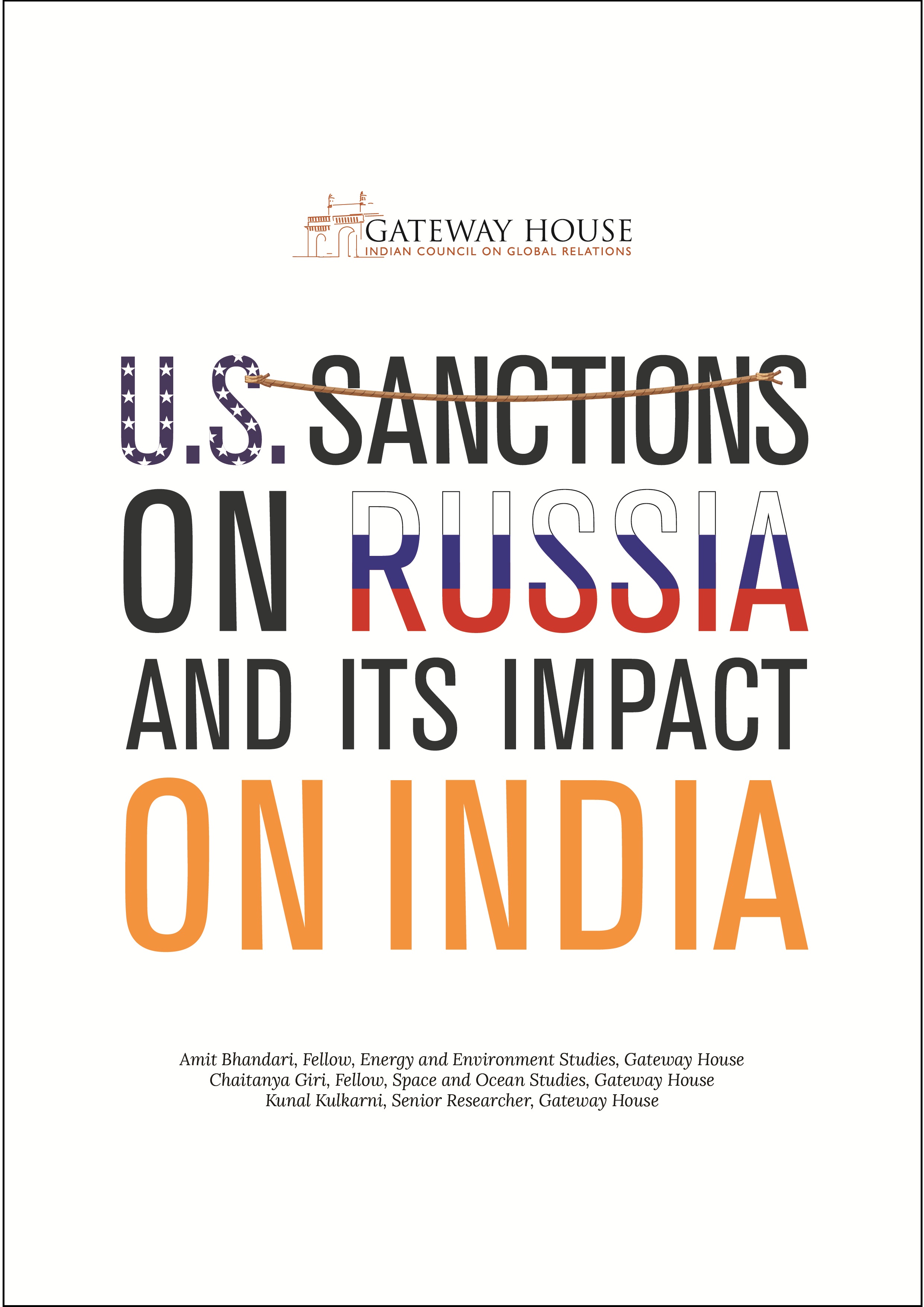 Courtesy: Gateway House
Courtesy: Gateway House
America is increasingly using sanctions as a geopolitical tool against its rivals, Russia, Iran and Venezuela. These countries are important partners for India, which needs to find ways around unilateral American sanctions.
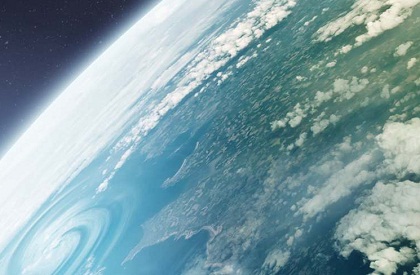 Courtesy: Global Environment Facility
Courtesy: Global Environment Facility
Since Independence, India has been consumed by its domestic priorities. Now, with increasing integration with the world and a huge stake in global stability, it is time to focus on the global commons. India has a seat on the hightable to design and shape the rules for the governance of the global commons. In this special Independence Day Briefing, Gateway House examines India’s engagement with four global commons – technology, outer space, cyber and the oceans – and makes recommendations on how best they can be governed for our collective future.
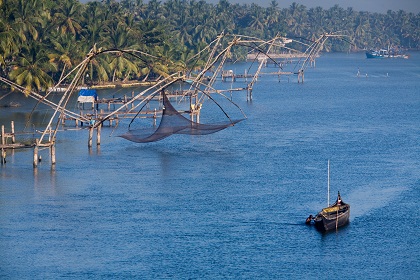 Courtesy: Wikipedia
Courtesy: Wikipedia
The notion of the oceans and seas as a global common is under severe test. National and regional interests are winning over the urgency to maintain their well being while competition to exploit the many commercial opportunities they present is ever increasing. The task at hand is to stop ocean decline – and India can play a transformative role in this
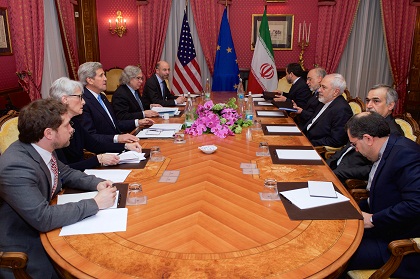 Courtesy: U.S. Department of State/ Flickr
Courtesy: U.S. Department of State/ Flickr
Scrapping the JCPOA will badly bruise Iran’s economy, citizens and foreign relations; it will have an impact on the U.S.’ allies too